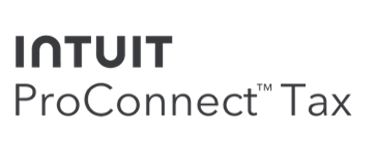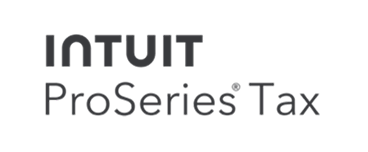
How Accountants Can Help Families Navigate 2022 Tax Regulation Changes
When it comes to filing tax returns, families – especially those who are considered low income – not only have incredibly complex regulations they must adhere to, but they also need to worry about IRS audits.
According to the Transactional Records IRS Clearinghouse run by Syracuse University, low-income families have historically been disproportionately targeted by the agency for audits compared to high-net-worth individuals. Unfortunately, this shows no signs of stopping anytime soon, and the agency is expected to continue this trend for 2022 tax filers. This makes it all the more important for CPAs to be educated on the tax code changes that apply to these clients.
Below, we’ll review some of the major regulation changes families need to be aware of when filing their 2022 tax returns, as well as how accounting firms can help them avoid audits and penalties and get the biggest refund possible.
3 Tax Changes to Know for Filing 2022 Tax Returns
1. Child Tax Credit Rules Have Changed
First, some good news: the federal government has temporarily expanded the amount of money taxpayers with children can expect to receive on their 2022 tax returns. Here are some important pieces of information accounting firms should give these clients to help them receive the Child Tax Credit (CTC):
- If you didn’t receive all of the money you were owed for the CTC in 2021, it’s crucial you file your 2022 taxes early to ensure you get the rest. As an accountant, you can make your clients aware of both this information and the cutoff so they don’t miss out.
- Alert families to keep an eye out for IRS form 6419, which they’ll receive in the mail. It’s crucial to upload it to a secure document management portal as soon as possible, as it contains information about the number of eligible children in the household, as well as any advance CTC payments they received and whether the information they provided matches what the IRS has on file. If it doesn’t, their refund could be delayed until the problem is solved. Families who did not receive an advance credit should be able to claim all the money on their 2022 tax returns. As a CPA, you can help them determine this.
2. The Earned Income Tax Credit Includes More Taxpayers
Another plus for taxpayers? The Earned Income Tax Credit (EITC) has been expanded and now includes more families than it used to. In fact, the only qualification is that you must be earning money from employment. You don’t need to be married or be a parent. Here’s what else you need to know:
- Adults whose kids have long been out of the house are eligible to receive up to $1,500. The new EITC regulation also includes adults between the ages of 19 and 24, provided they are not enrolled in school, and adults over the age of 64, who previously weren’t eligible for this credit.
- Provided they’re eligible, families with children can expect an increase in their credit in 2022 – up to $6,728. CPAs should not only be aware of these changes but should also be able to help clients determine their eligibility and help them get the maximum credit available.
- Because the Earned Income Tax Credit is both complex and applies to taxpayers in many situations – and because it can result in a larger refund – accountants and clients alike can review helpful resources like this one and go over them together to avoid mistakes and ensure clients receive the full benefits.
3. The IRS Has Made the Rules for Claiming Dependents on a Tax Return Confusingly Complex
The IRS has never been known for straightforward, easy-to-follow regulations, but when it comes to claiming dependents on your 2022 taxes, they’ve outdone themselves. Accounting firm leaders will be essential in guiding clients through the various changes and new categories of dependents. Here’s just some of what taxpayers and CPAs have to look forward to:
- Who qualifies as a dependent? While your thoughts might immediately go to your children, the answer is surprisingly far more complex. The IRS considers anyone from qualifying children and relatives to even housekeepers and kids who’ve been emancipated.
- Whether the individual counts as a dependent depends on a variety of factors, including their citizenship, whether they’ve already been claimed as a dependent on someone else’s tax return – which would bar you from doing the same – and even whether they’re filing a joint return with their spouse. Then, there are financial requirements, as well as housing requirements – specifically, whether they live with you or not.
Why a Secure Client Portal and Document Management System Are Essential to Accounting Firms Serving Families
As a CPA, tax season is more than simply filling out forms and giving clients checklists to make sure they send in the right documents. Your education, experience, and knowledge are invaluable to the families you serve, especially considering the complex situations and risk of audits low-income individuals face. It’s your job to protect and represent them, as well as to be an ally and offer value-added services to give them the biggest refund possible.
Considering how many forms and how much sensitive information families will need to exchange with you to get through the busy season, a secure client portal and document management system are essential.
Over 2 million people use SmartVault to securely collaborate on, send, and store documents online. Schedule a demo to learn more.
Blog by: Carrie Stemke






